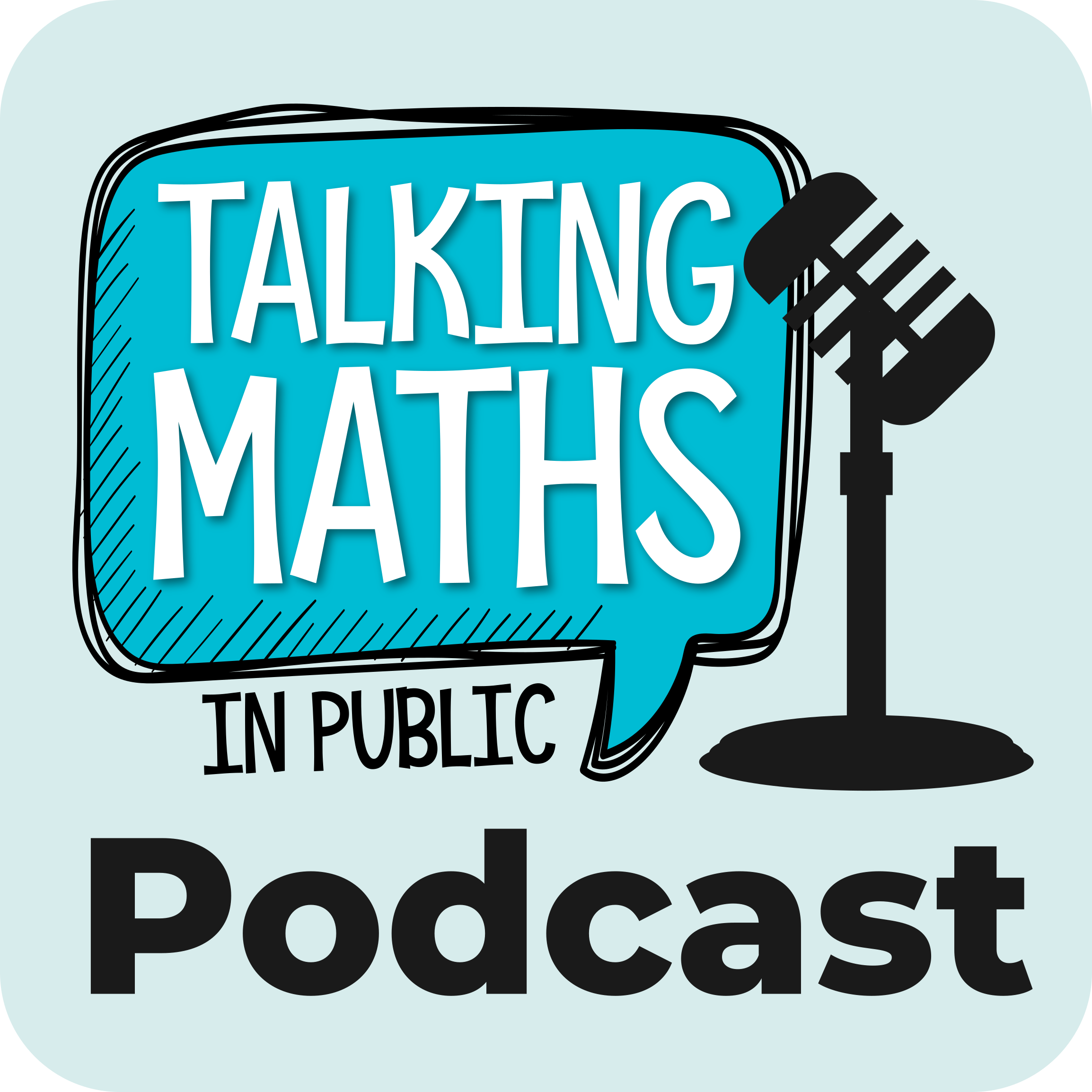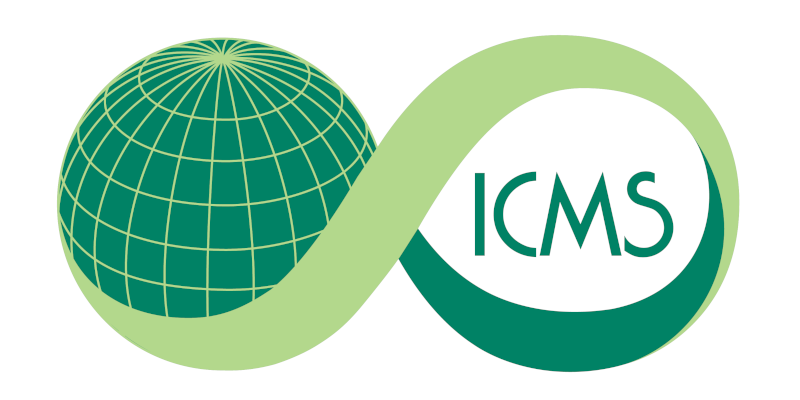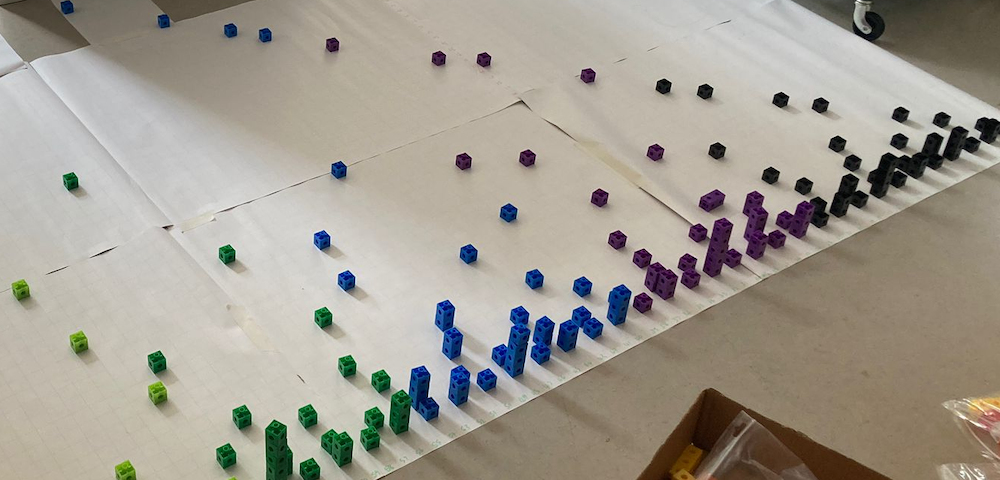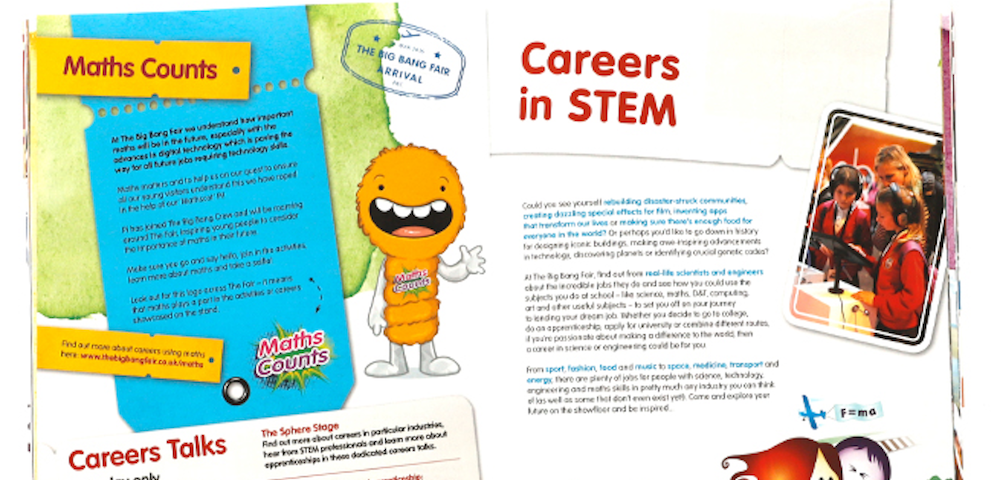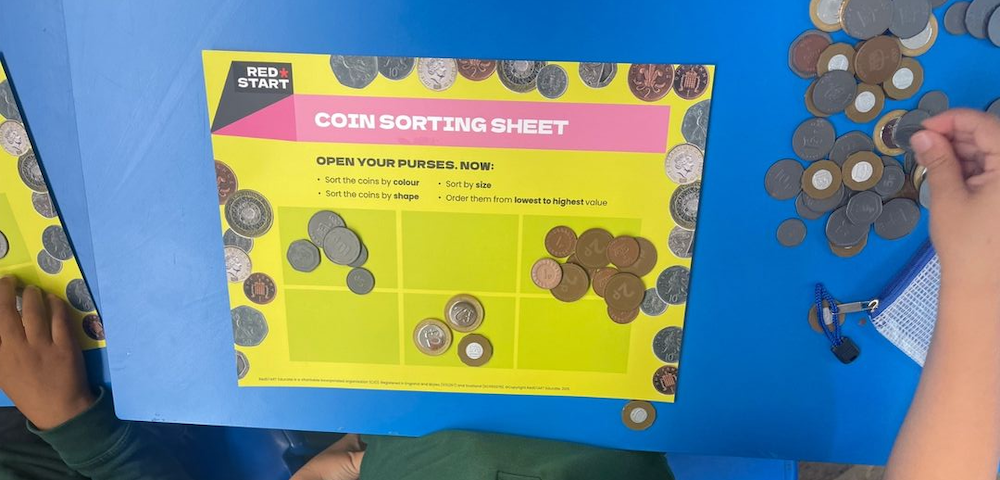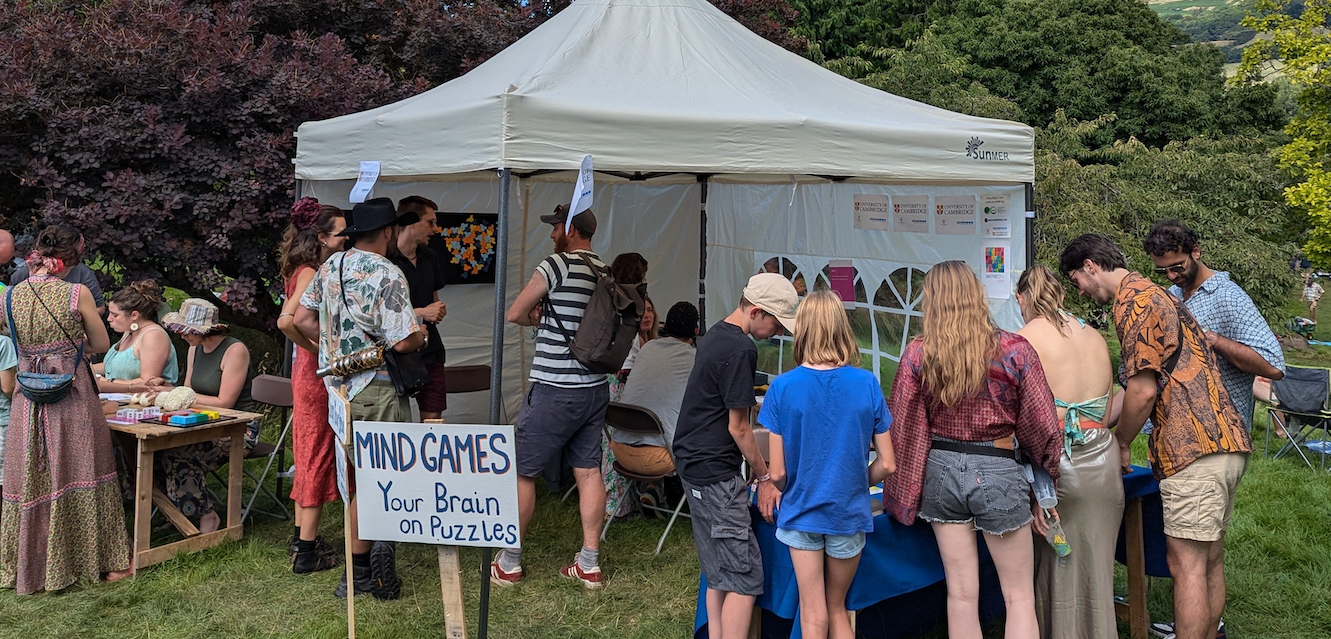Content
If you'd like to submit content for the podcast, we've created a submission form you can use to send us your ideas. Each episode will consist of four segments of ten minutes, and we will aim to make each segment fit one of the suggested formats below, although alternative formats will be considered. Completing the form will not guarantee your segment's inclusion in the podcast - this is merely a way to suggest content, and editorial decisions will rest with the TMiP team. If you have any questions, please email info@talkingmathsinpublic.uk.
- My MathsComm Project: a maths communicator describes a project they’ve been involved with and how it went - how it was funded, what their audience was, how the project met its goals and what they learned
- Research Into Practice: a maths communicator chooses a research paper which discusses an aspect of science communication research relevant to maths, summarises its findings and discusses how it might be applied to the practice of maths communication
- Obtuse Angles: thoughts and experience sharing from professional maths communicators discussing a particular aspect of maths communication - an approach, a format, or a recently seen instance of public maths, and their opinions of the positives and negatives
- Room p26: a maths communicator describes an aspect of, or approach to, maths communication they would like to consign to the bin, and justifies their choice
- Stories from the front line: maths communicators sharing their best advice and learnings from their maths communication work, covering a variety of formats and audiences
- Top Three: a maths communicator shares three great examples they’ve seen of a particular type of maths communication, such as books for a particular audience, YouTube channels or competition events
- My Story: a maths communicator shares a summary of their career path and how they’ve found success
- Zeeman Catastrophe: The story of when a piece of maths communication went terribly wrong, and what we learned from it

